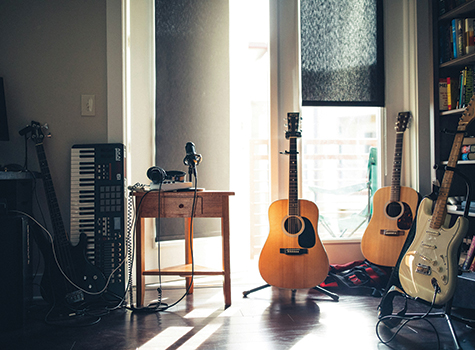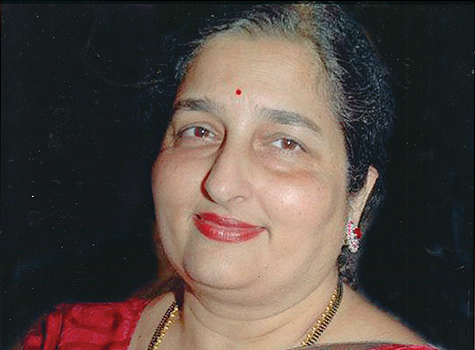
Photo by Wes Hicks on Unsplash
‘Are you writing?,’ I asked the shopkeeper who recognized me from the last time I was there. This was Melakka, in Malaysia. It was 2018. I was circling old roads, a step-tracing to jog why it was I even wanted to write anything.
‘I… ‘
I gave her a minute. To collect herself, to rebut such a rude question.
‘I would love to be writing, but I have to… you know, take care of obligations. I have to… be… To write, you have to have a house, a big house, and lots of… the environment has to be right. But maybe someday. Not now, I will though. It’s my dream.’
‘Yes. I remember.’
I have to finally write this down, my real reaction. Tell it. Because it’s so big, you know, this whole “I’ll get around to it, later “ way of thinking, which people seem to have so they can shunt creative efforts to the side. For many years, thanks to luck, circumstance, and designing out resistances, I’ve stayed with my mode of creating what I like. I use accessible materials, and I aim to not deliver anything that feels pretentious, though I think maybe “Rooftop Philosophy in Phnom Penh” came a little close. Mmm.
Don’t get me wrong, I do go to art exhibitions at galleries and in museums, at times, and I will enjoy a really good critique, but, lately, I don’t feel much like seeing what other people put together for me to “consume.”
I’d prefer to simply make my own way towards what I think, if it’s a topic I care about. “Home”, for example, an exhibition in a museum in Marugame in Japan last fall, was one that I skipped, instead whiling away the late afternoon in the fantastic patio space, amidst the rain, sculpture, and what architects call “a water feature.”
I sifted through my personal re-designed ideas of “home”, there. On the road, after countless roads, over many years. I did this, instead of being shepherded by curators’ musings, on the walls, in the museum’s rooms, within.
I’ve met musicians, academics, scientists, artists of all kinds, writers, and researchers. The ones who spend their lives pursuing their inquiry and mastering their craft tell you the best stories, I feel. You can tell they’ve committed to prioritizing one thing, making it their thing. Learning by doing, and making things as they’d go, and sharing, too, because if they didn’t, there’d be no feedback. To listen to, so as to grow.
What I’m saying is, unlike the acquaintance I mentioned at the start, here, some people will get around to it. Maybe even early on. This could be due to luck or privilege, or it might be because they had… a space.
A physical, dedicated space. A studio.
Yes. A studio doesn’t have to be a permanent spot. It can be a guesthouse, as was the case, for me, in Melakka. (A splendid town to disappear in, for a while. That’s what I was doing there, anyway.)
A middle-aged man who ran the place made idle talk about his son, his worries for that son’s future, and so on, if we ran into each other in the great common room, which, because of that, felt like a writing residency, kind of. He even dropped me off at the bus depot in his car, when it was time to go.
Like they did when I went to Finland, and then the time before that, in Punjab. Two writing residencies.
Like the other writers and artists who’d joined those programs, when I was there, too, I could see how much they loved their studio space. Some wouldn’t open the door to you. Others welcomed you in, gave you cakes. In any case, private space was where we could each focus, and commit, and get going, working, in general, on formulating something new.
I think they felt as I do, that the goal isn’t to have a fancy box, but a place. Completion is cool, but the point is not that. Making is. I’ve visited other artists’ studios. Some are quite cluttered while some are ultra-minimalist. Some are decorative, others bare, some flooded with yarn, or plates, or brushes, or photography equipment. All are theirs. Their very own.
I wonder if the woman in Melakka will start, sometime. So as to do what she claimed that she dreamt of doing. Because doing makes you better. Getting better at your craft, I’ve observed from those who’ve been there and done that, seems to be quite rewarding, in and of itself.
That’s my feeling, here, in my studio, in Phnom Penh.
Let me keep doing, then. Let me try.
Dipika Kohli is an author who is based in Phnom Penh. Discover her books at kismuth.com and other projects at dipikakohli.com.



